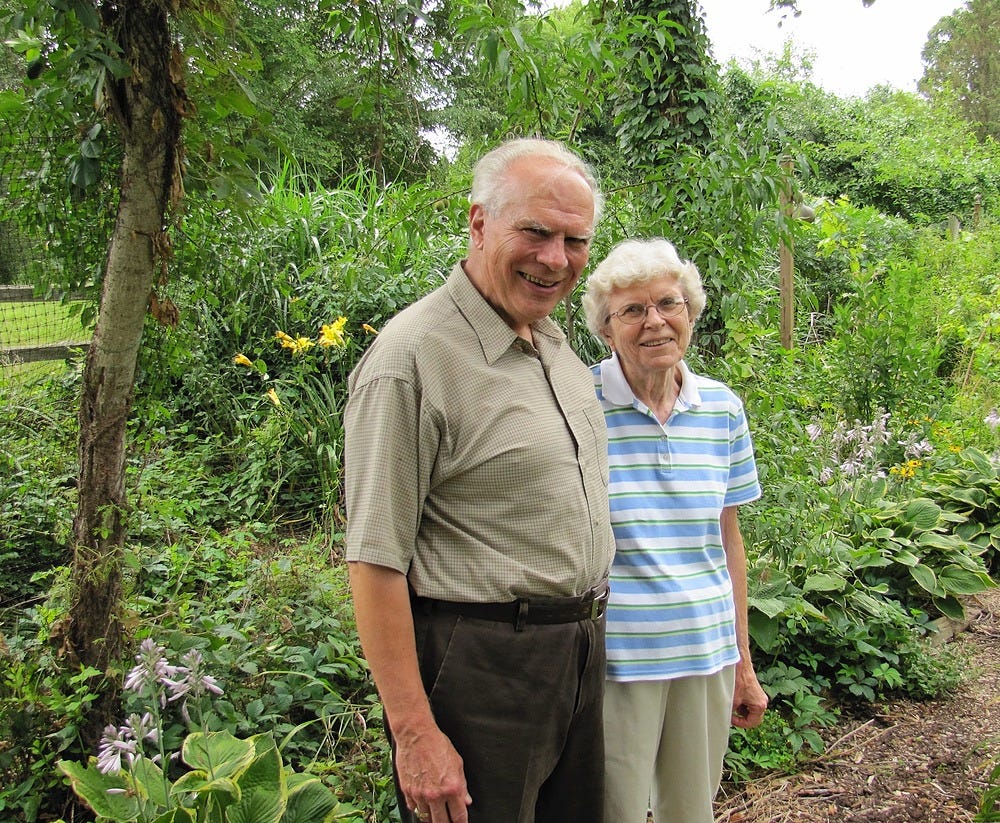Sunday Stories: The Constant Gardener
The seeds planted in my heart by a professor whose passion for words was matched by the ardor with which he tended majestic gardens, blossomed into a love of poetry that continues to shape my world.

For most of us, the passions that fuel our lives don’t enter them by accident. Someone introduces (or re-introduces) us to them at the moment we are ready to embrace them profoundly and enduringly.
Dr. Rolland Hein, a professor emeritus of Engli…



